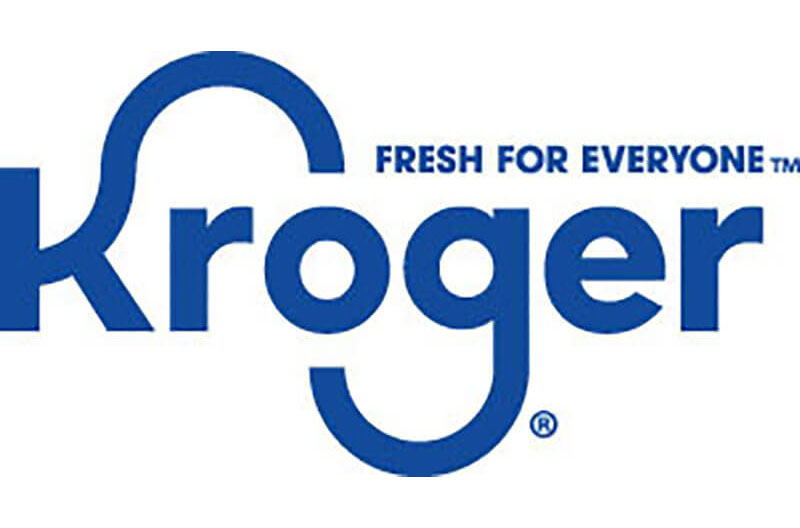The Kroger Co. provided an update to investors Oct. 27 on how its Restock Kroger framework has reinvented the company’s business model to deliver consistently strong and attractive total shareholder return of 8-11 percent and create value for customers, associates and other stakeholders.
“Our associates remain relentlessly focused on our customers, who are at the center of everything we do,” said Rodney McMullen, Kroger’s chairman and CEO. “Our customer obsession led us to make several strategic decisions three years ago to reinvent our business model to better serve our customers. We believed customers would continue to move to a seamless shopping platform that combined the best of physical and digital experiences. These choices and investments have positioned Kroger to more effectively respond to the pandemic. I could not be prouder of the way our people have pulled together with purpose to promote safety and support our customers and each other. We also share in the grief of so many whose loved ones lost their lives and livelihoods as a result of COVID-19.
“Through the Restock Kroger framework and intensity around operational excellence, we are achieving cost savings of over $1 billion each year and are investing savings back into the business with an emphasis on the customer and associate experience. We are improving the customer experience by widening and deepening our competitive moats that include fresh, seamless, personalization and Our Brands. These moats are strong today and growing in relevance as customers eat more food at home. We are improving the associate experience by focusing on talent, culture and wage investments. We are living our purpose through our commitments to a world with Zero Hunger | Zero Waste and our framework for action to advance diversity, equity and inclusion in our business and communities.
“We are creating shareholder value by executing our strategy. We have returned approximately $6.4 billion to shareholders via dividends and repurchased shares since the beginning of fiscal 2017. Kroger is growing market share and our Total Shareholder Return has outperformed the market and our peer group over the last 12 months. And we are incredibly excited for the future,” McMullen said.
Kroger reconfirmed its 2020 guidance on identical sales, adjusted FIFO operating profit, adjusted earnings per diluted share and adjusted free cashflow.
“Prior to the pandemic, Kroger’s early results in 2020 were strong and while the pandemic has clearly been a tailwind to our business, we’ve been very pleased with the underlying progress with all key components of our model, including sales and market share growth, cost savings initiatives and growth in alternative profit streams,” said Gary Millerchip, Kroger’s CFO. “Based on the strength of our execution against our competitive moats, our food expertise, unparalleled data-insights and expected structural shifts to food consumption at home as a result of COVID-19, we believe Kroger is well positioned to continue to differentiate and grow in the future. One year on from announcing our total shareholder return target, we are well positioned to deliver on this commitment.”
Capital allocation strategy
Kroger’s capital allocation strategy is to use its adjusted free cash flow to invest in the business and drive profitable growth while also maintaining its current investment grade debt rating and returning capital to shareholders. The company actively balances the use of its adjusted free cash flow to achieve these goals.
On Sept. 11, the board of directors authorized a $1 billion share repurchase program, replacing the prior authorization.
Earlier this year, Kroger increased the dividend by 13 percent, marking the 14th consecutive year of dividend increases.
2020 Guidance
| IDS (%) | EPS ($) | Operating Profit ($B) |
Tax Rate** | Cap Ex($B) |
Adjusted
FCF ($B) |
Share Repurchases
($M) |
|
| Adjusted* | >13.0% | $3.20 – $3.30 |
$3.9 – $4.0 |
23% | $3.0- $3.4 |
$2.5-$2.7 | $600-$1,000 |
*Without adjusted items, if applicable; Identical sales is without fuel; Operating profit represents FIFO Operating Profit. Kroger is unable to provide a full reconciliation of the GAAP and non-GAAP measures used in 2020 guidance without unreasonable effort because it is not possible to predict certain of our adjustment items with a reasonable degree of certainty. This information is dependent upon future events and may be outside of our control and its unavailability could have a significant impact on 2020 GAAP financial results.
** This rate reflects typical tax adjustments and does not reflect changes to the rate from the completion of income tax audit examinations, which cannot be predicted.

